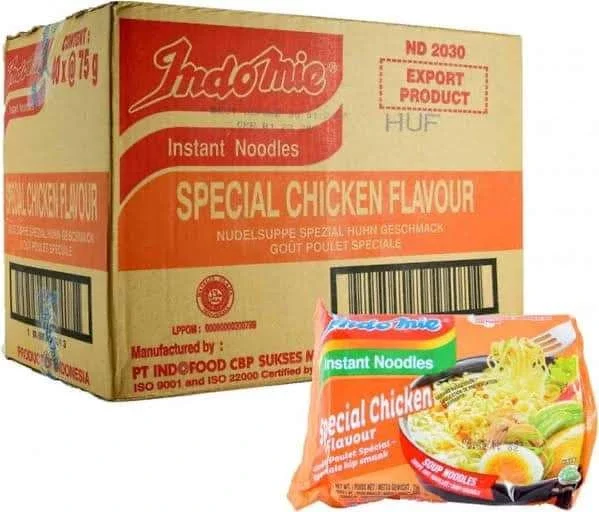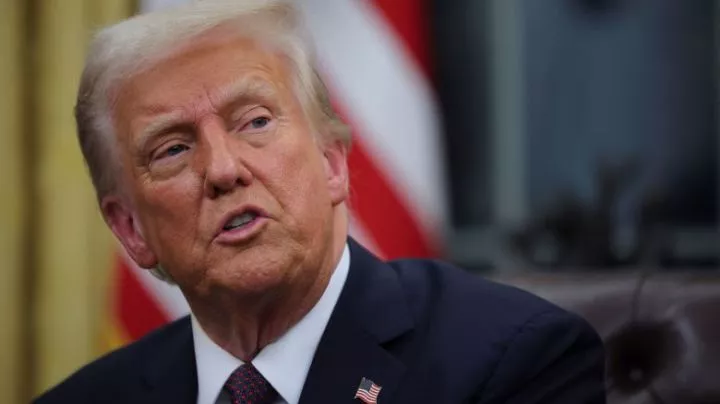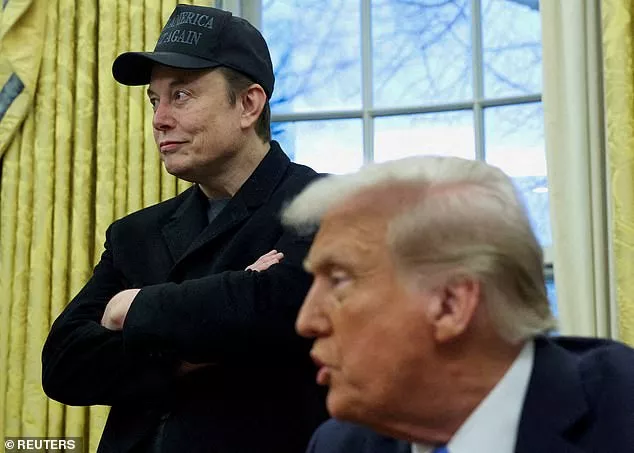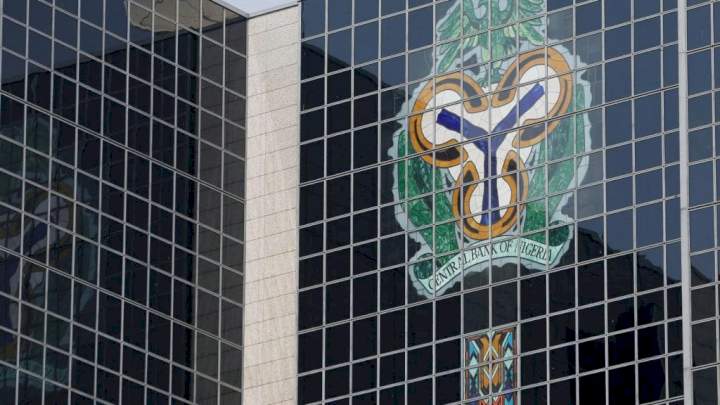The reason why Indomie noodles and your favourite bread are expensive is not only because of the dollar.
The dollar issue is inclusive, though, but not the total sum of the story.
The main reason why you are struggling to buy indomie at 20,000 per carton or your favourite breed at 1,500 per loaf is because of a grain called wheat.

Why is wheat that important?
Wheat is a major raw material needed to produce bread and indomie noodles.
It is an important component.
However, we grow wheat in Nigeria, but not enough and not in commercial quantities.
So manufacturers of indomie noodles and bakeries that bake bread import wheat from countries like Ukraine and Russia to compliment.
In 2012, the government of Goodluck Jonathan introduced a policy called wheat substitution.
The idea behind this policy is simple.
To encourage companies that use wheat as their raw material for food production to look inward Instead of importation
So, for instance,
Instead of Dufil importing wheat from Ukraine to produce indomie, they can buy wheat grain from wheat farmers in Jigawa state who plant wheat in commercial quantities.
To discourage the importation of wheat by these big companies, a levy was introduced, and a wheat grain levy pool account was created.
This wheat grain levy pool account was in the news of late as the Asiwaju's government took $500,000 from it to fund their trip to New York.
So for every food company or importer who imports wheat from Ukraine or Russia, you pay a levy of 15% and a 5% duty for the importation which is paid into this account.
A much deeper look showed that these taxes were to encourage local utilisation of home-grown wheat in bread and indomie, reduce the reliance on foreign exchange for wheat imports, boost wheat demand, enhance earnings within the wheat value chain and yield, and increase job opportunities in the cassava value chain, among several other benefits.
A good policy, if you ask me
My disadvantage was the execution, and a decade later, we had insecurity in the north that prevented wheat farmers from going to the farm in the north.
Woeful Buhari, instead of scrapping this wheat policy because it is not working, took it to 70% from the 20% that he met it.
So any time Indomie people or big bakeries import wheat from outside the country for production of your favourite indomie or bread
They pay 70% tax on it, and your guess is as good as mine.
Thus 70% cost is passed on to the final consumer who pay for it.
This new increment from 20% to 70% wheat tax was done last year, in April 2023, and since that time, the price of indomie and the bread on the market have not been the same.
The war in Ukraine and Russia is not helpful for these food companies desperately looking for wheat to import.
Any time I think about Nigeria and the reason why there is much hardship and hunger in the land, why food is this expensive in our country.
I'm convinced beyond the ordinary that this is deliberate policy by the government to keep Nigerians poor and hungry.
Come to think of it
Does it make sense to continue to charge a 70% wheat tax for a wheat grain you can't meet the demand of the food companies that need it, more so when there is so much hunger and famine in the land?

















Comments